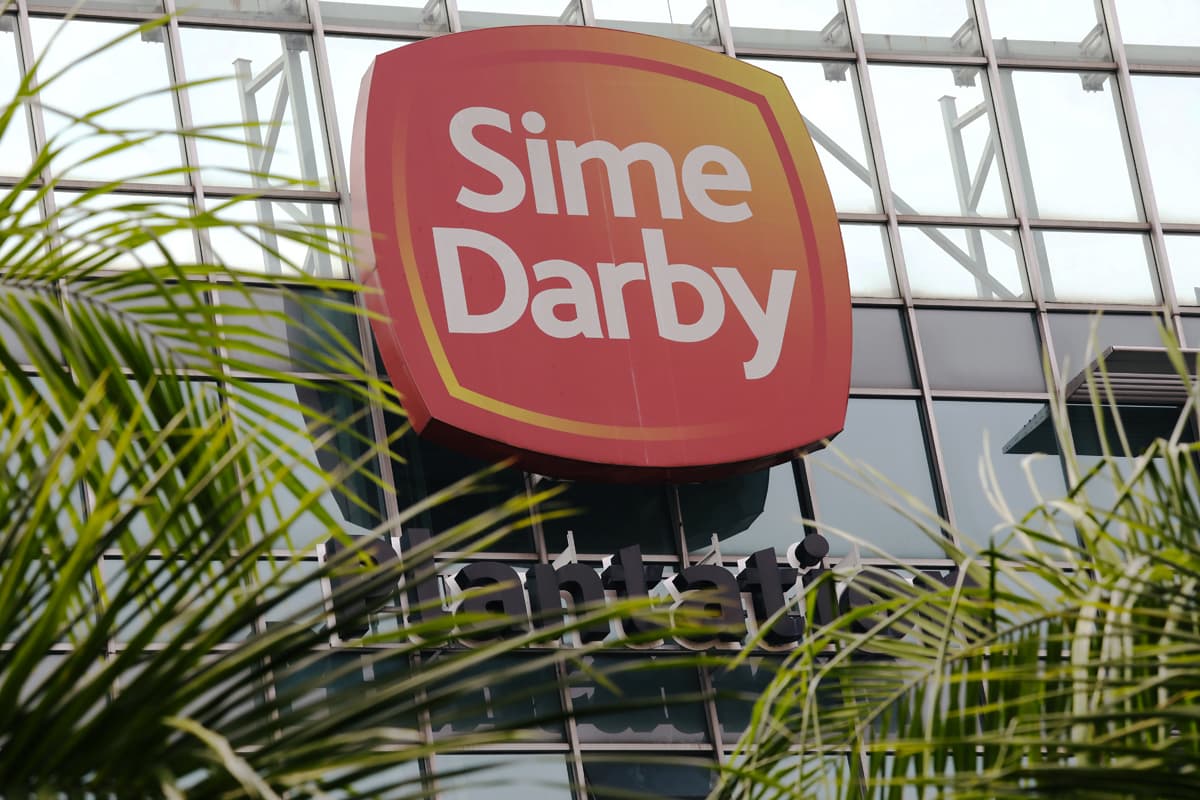
KUALA LUMPUR (April 18): Hong Leong Investment Bank (HLIB) Research said that Ferrero and Cargill Inc moves to stop buying palm oil from Sime Darby Plantation Bhd (SDP) should have minimal financial impact on the company as the firm should be able to divert its products elsewhere amid tight supply of vegetable oils.
In a note on Monday (April 18), HLIB analyst Chye Wen Fei said that while the latest decisions by Ferrero and Cargill Inc had reignited investors’ environmental, social and governance (ESG) concerns over SDP, the impact on its share price (which retraced by 4.3% last Friday) was likely a knee-jerk reaction.
According to her, this is because the financial impact on SDP should be minimal as she believes SDP would be able to divert its products elsewhere, given the tight supply of vegetable oils, and the company had already taken the necessary steps to address these ESG concerns as evident by its recent implementation of a continuous improvement plan to address the 11 International Labour Organization indicators of forced labour.
“Besides, we understand that the independent assessment report by Impactt is due to be released soon as SDP is currently going through its internal process of approval for such a report,” she said.
It was reported last week that Italian confectionary giant Ferrero had in April requested all its direct suppliers to stop supplying the former with palm oil and palm kernel oil sourced indirectly from SDP until further notice, following the US Customs and Border Protection’s (CBP) issuance of a notice of findings on Jan 28.
US commodities giant Cargill also said earlier that it had in March 2022 suspended purchases from SDP, pending more information of the latter’s measures to address the labour allegations.
Chye, however, maintained her SDP earnings forecasts for the financial year ending Dec 31, 2022 (FY22) and FY23 at RM2.3 billion and RM1.66 billion, pending the release of its results for the first quarter ended March 30, 2022 by May 2022.
“Our forecasts are based on FY22 to FY24 crude palm oil (CPO) price assumptions of RM4,300 per metric ton (mt), RM3,300/mt and RM3,300/mt [respectively],” she said.
She also maintained her "buy" rating of SDP with an unchanged target price of RM5.95.
“SDP remains one of our top picks for the sector due to its high operating leverage to CPO prices,” she said.
Meanwhile, AmInvestment Bank analyst Gan Huey Ling said in a note that she views the palm oil bans by Ferrero and Cargill negatively as they affect SDP’s reputation and credibility.
“The concern is that other customers will follow suit. Previously, SDP said that it had not lost any customer since its Malaysian palm products were banned in the US in late FY20,” she said.
In March, SDP said that it would be supplying palm products from Indonesia and Papua New Guinea to its customers in the European Union (EU) instead of products from Malaysia.
In FY20, the US accounted for only US$5 million of SDP’s revenue. The EU accounted for a large 23.8% or RM3.1 billion of SDP’s revenue of RM13.1 billion in FY20. India made up RM1.9 billion or 14.5% of SDP’s revenue in FY20.
“SDP is expected to submit the audit report on its labour practices to the US CBP in April 2022. The group is anticipated to release a summary of the findings to the public upon the report finalisation,” said Gan.
Gan maintained her "sell" call on SDP with a fair value of RM4.40 per share.
“Our fair value for SDP is based on a FY23 forecast price-earnings (P/E) of 18 times, which is below the multiple of 22 times that we have used to arrive at the fair values of the other plantation companies.
“We applied a discount to account for the risk of SDP losing its customers due to the ban by the US CBP. The target P/E of 18 times is within SDP’s two-year P/E band of 14.4 times to 52.6 times,” she said.
At noon break on Monday, SDP had risen nine sen or 1.78% to RM5.16, valuing the group at RM35.06 billion.
Year to date, the counter has risen 34.38%.